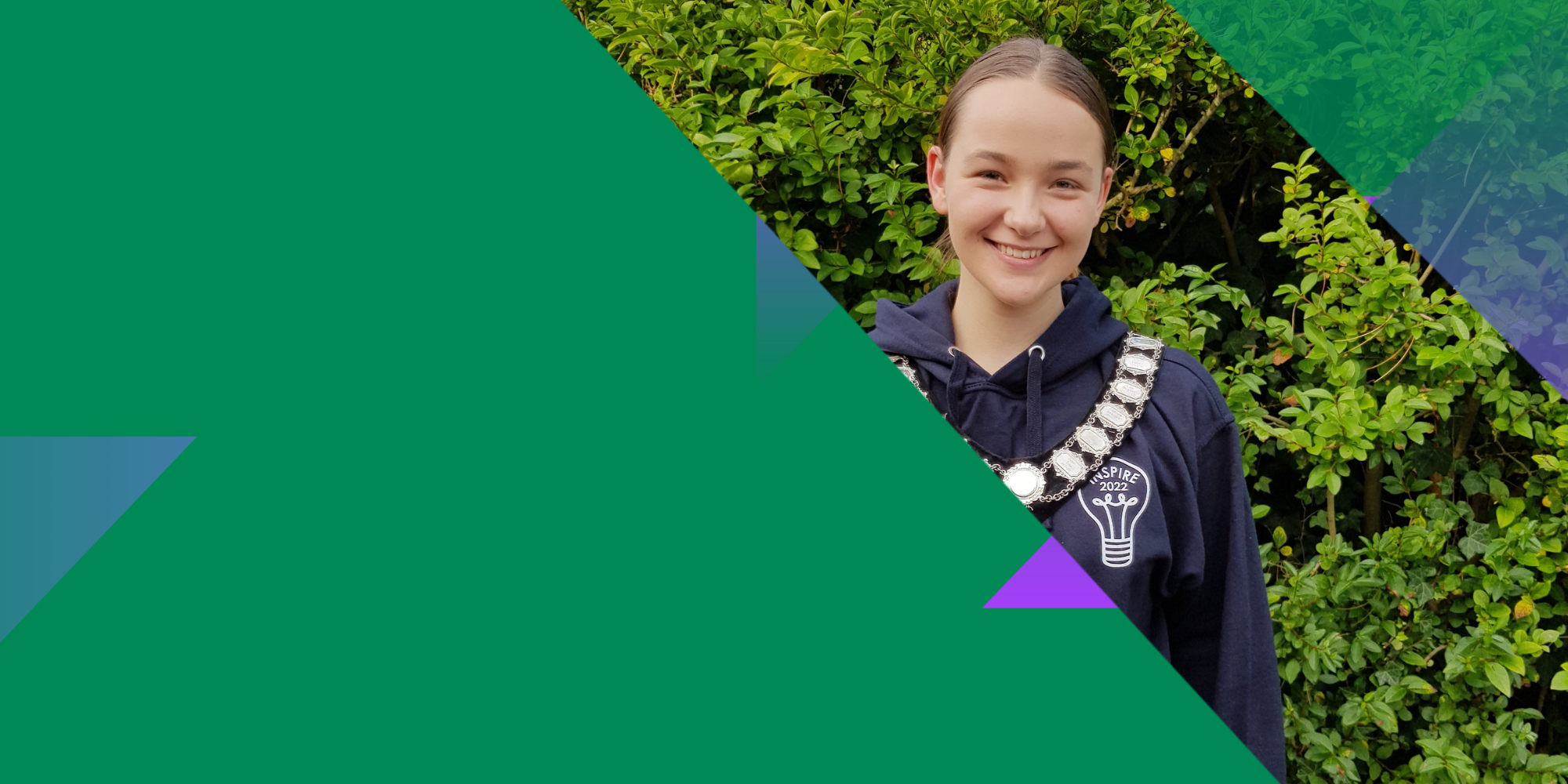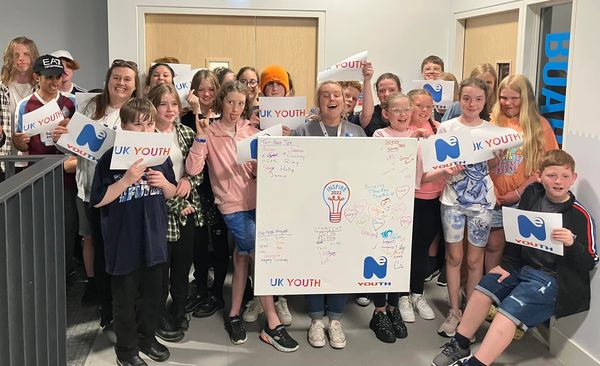A programme of youth-led social action and community events across the UK inspired by the major events as part of the #iwill Fund.
Impact & Learning
Key learnings:
- The flexible approach of Inspire 2022 – giving young people the freedom to organise an event ‘inspired by’ any local or national event – had both advantages and disadvantages. It gave significant room for local youth organisations, and the young people themselves to explore social issues of interest to them and build on existing work. These high levels of ownership may be behind the increases in numbers of young people who felt their voices were heard.
- However, the sheer variety of sources of inspiration meant that at times the project had less connection to the major events of 2022 and 2023 than we had envisaged, and we therefore gathered less information about how such events could and should engage young people as leaders.
- We have mixed evidence about whether events-based social action offers a good entry point to young people taking up volunteering long term. Whilst the fact that 78% were new to this sort of initiative suggests that events can help draw different groups to volunteering, interviews with youth workers indicated that organising events was challenging and felt reasonably high stakes: young people of course wanted their events to be successful and required significant support to make that happen.
- There were three broad categories of events:
- Young people designing events for other young people;
- Young people sharing issues they cared about with the wider community;
- Young people putting on events for the wider community.
It would have been interesting to explore whether these different types of events had different outcomes.
- Encouraging and training young people to consult with their wider community about what they might want from an event was a different way of working for many youth organisers and led to an exciting array of new partnerships forming with charities, business, local government and community safety teams.


